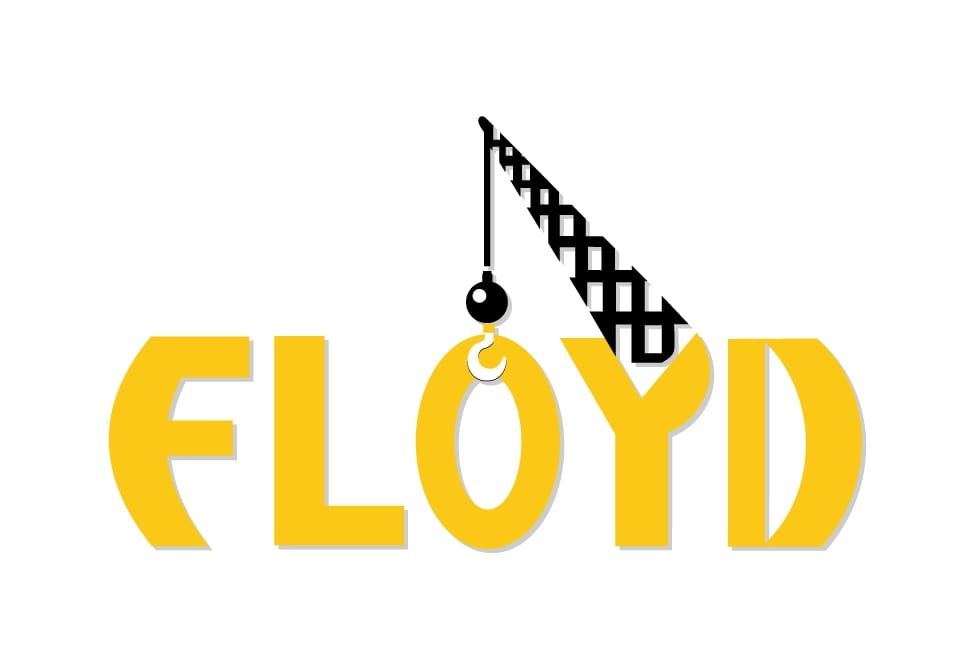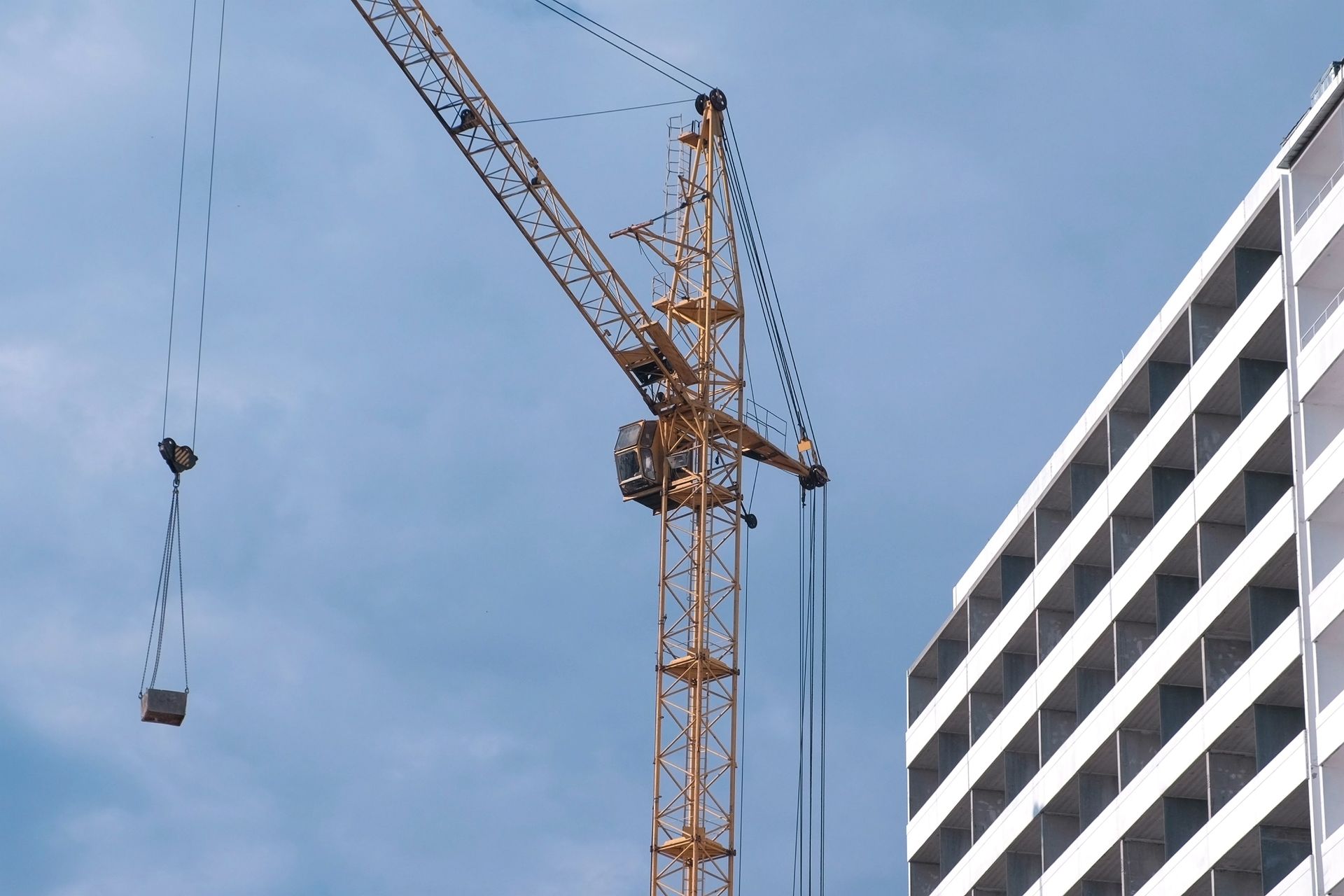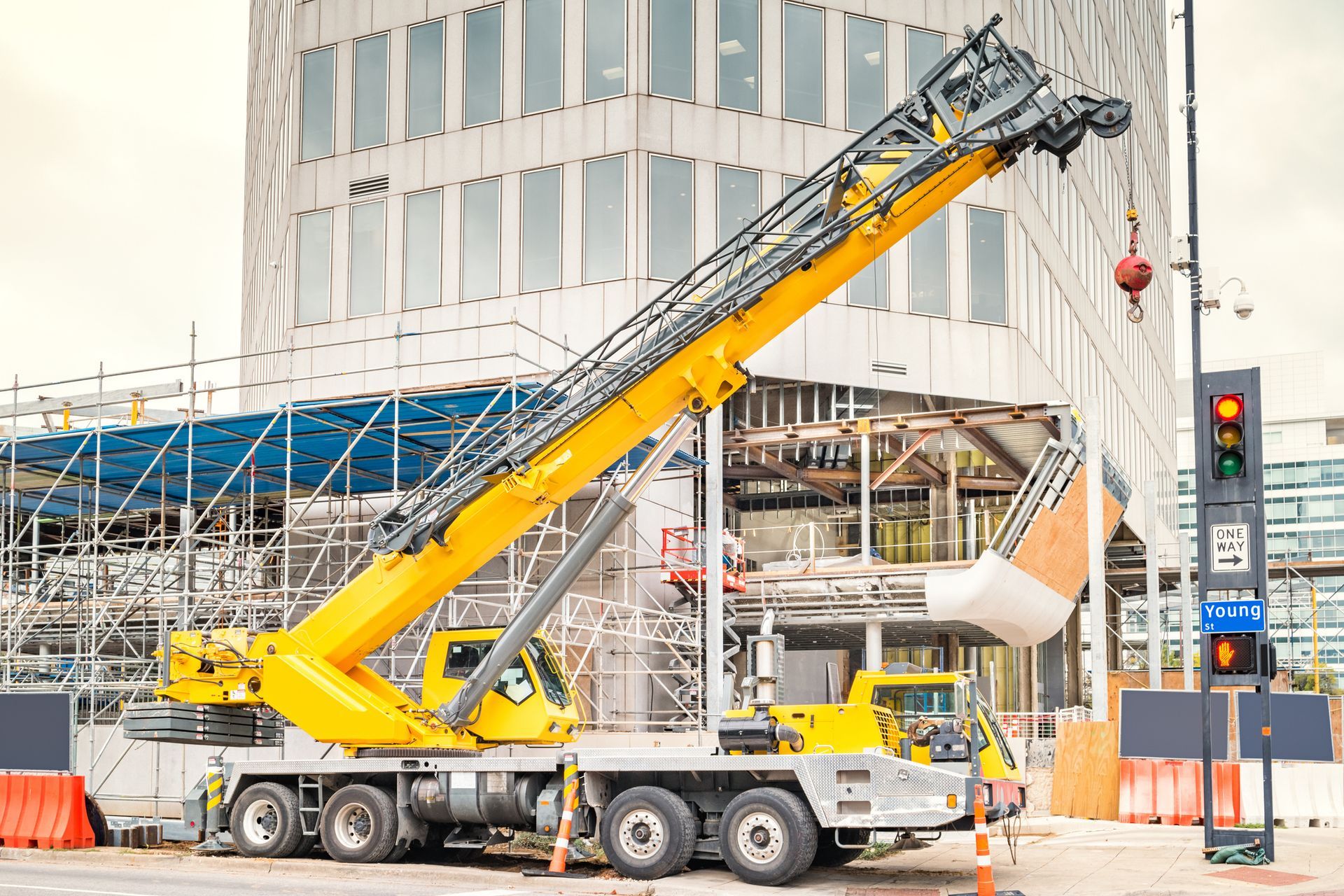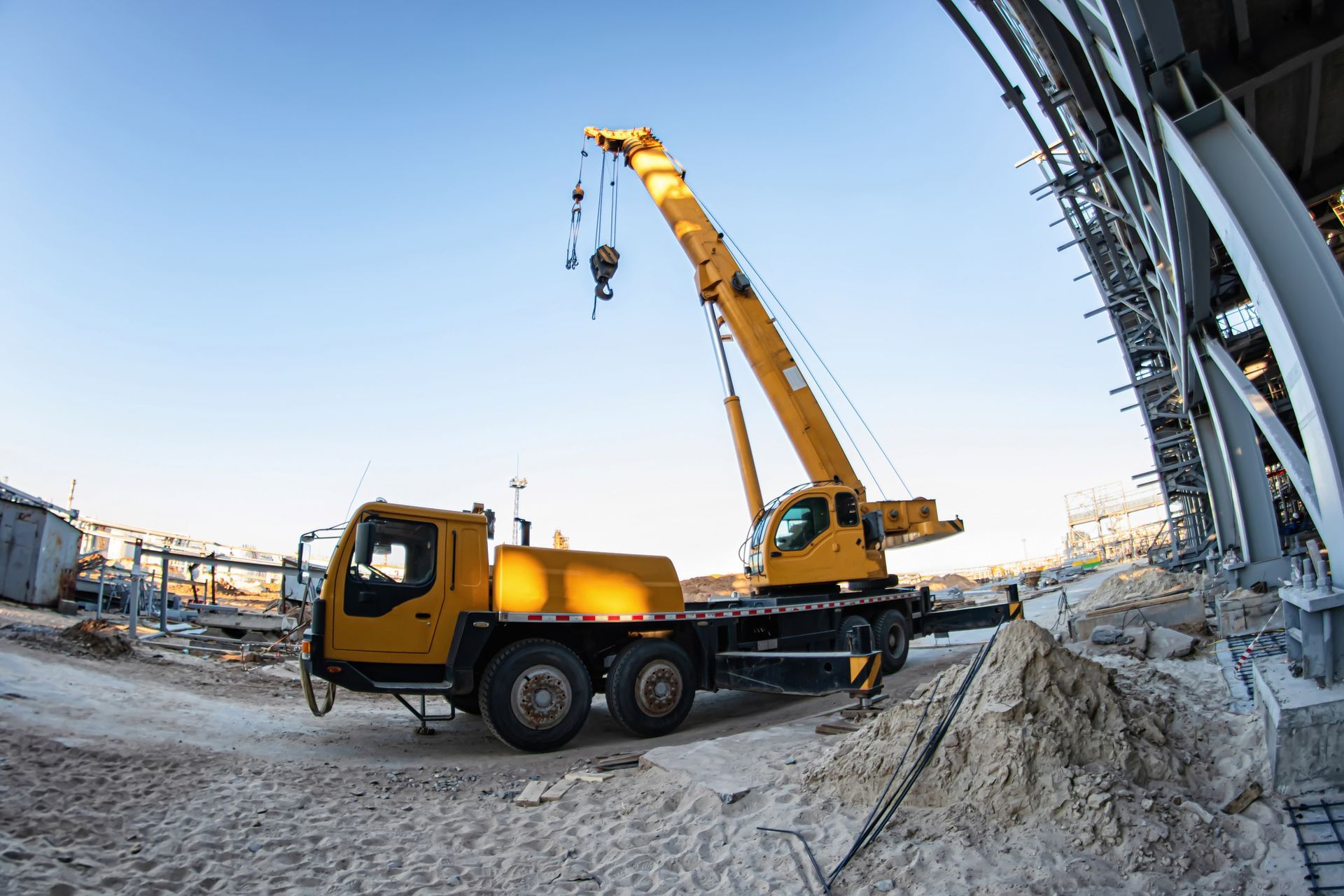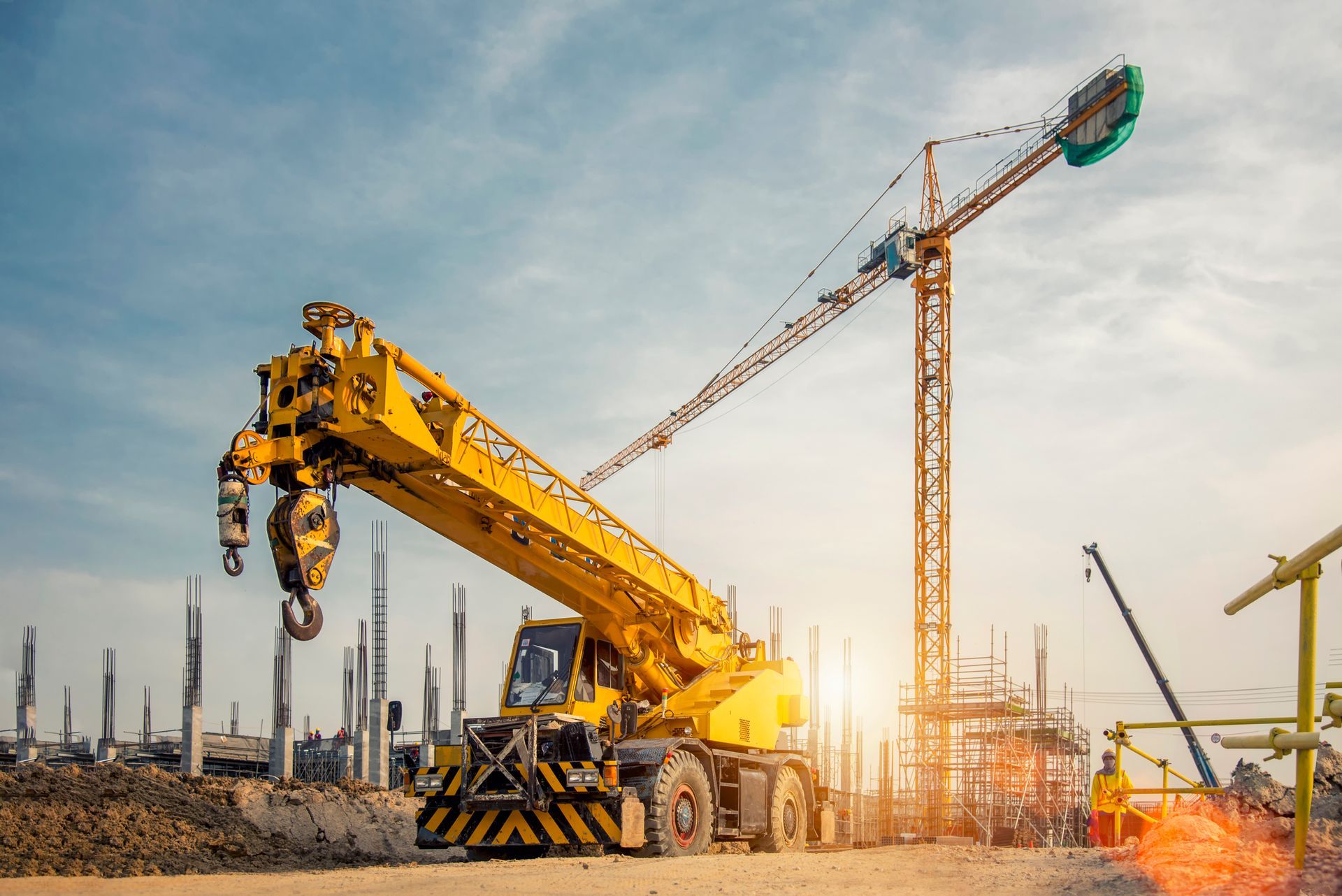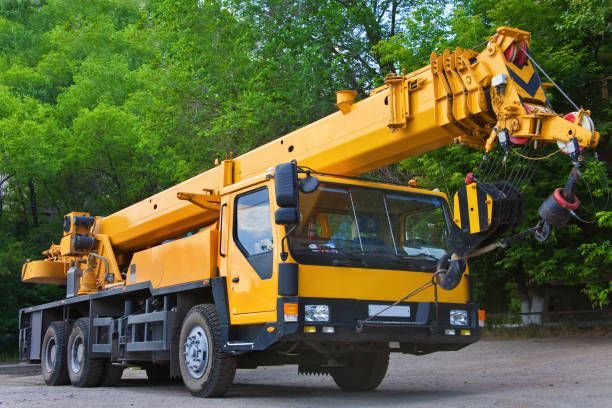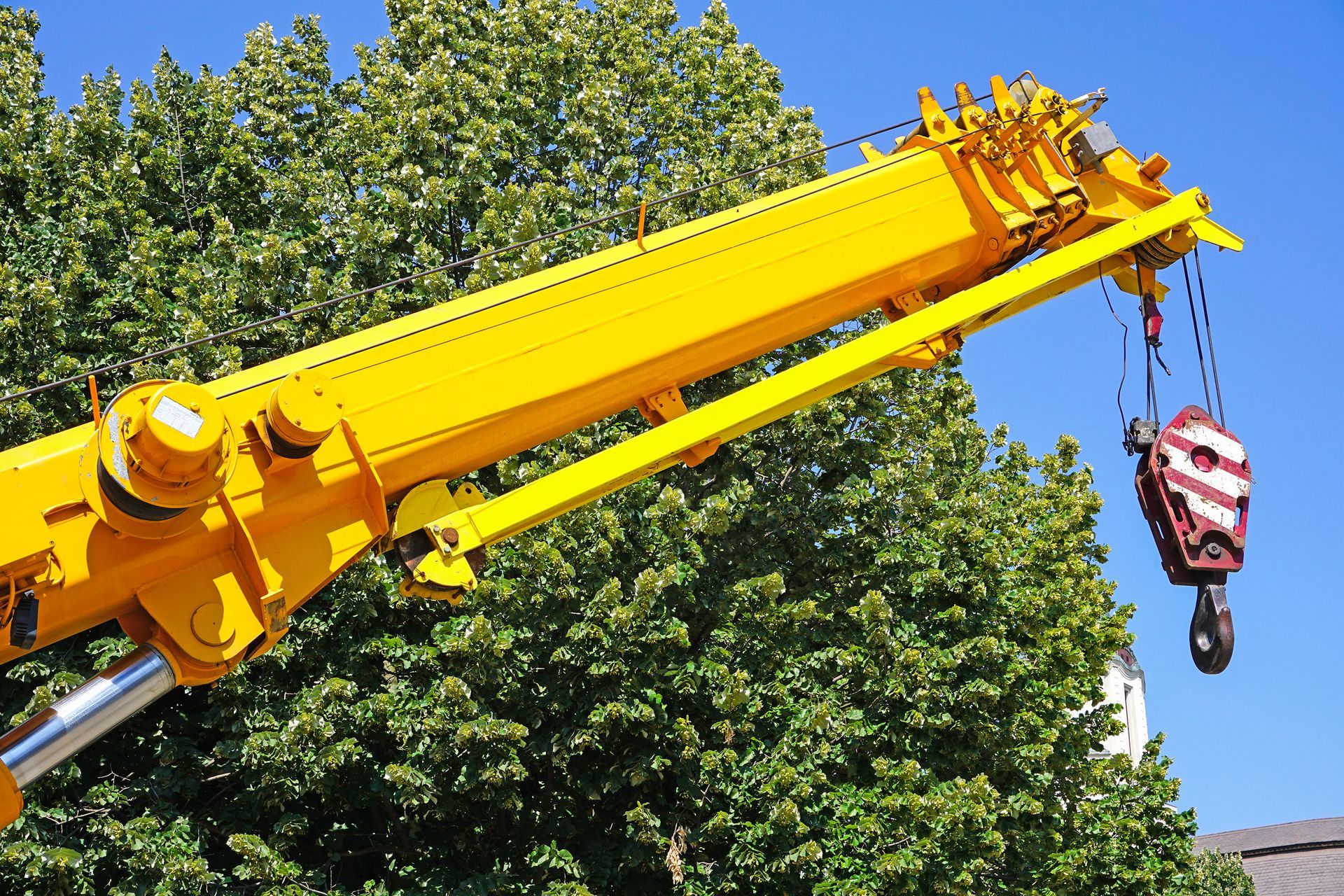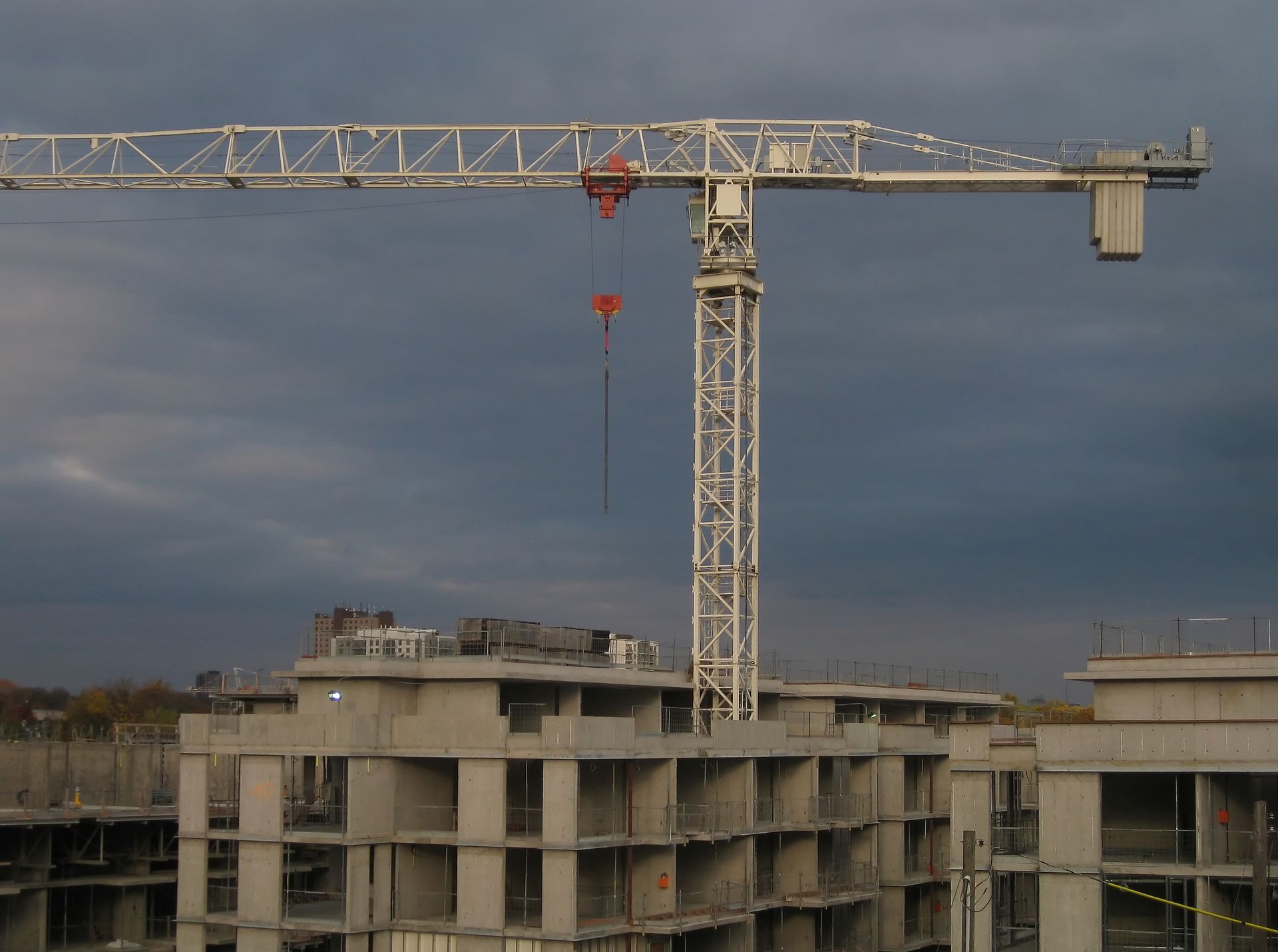
Steel erection is a precision-driven phase of construction that hinges on timing, coordination, and—above all—reliable lifting capacity. Delays caused by equipment shortages, mechanical failures, or mismatched crane specifications can cascade into costly setbacks. For contractors managing structural steel projects in dense urban environments like Chicago, access to the right crane at the right time is not optional—it’s essential.
Crane leasing offers a responsive, scalable solution that aligns equipment availability with project demands, eliminating the inefficiencies of ownership while maintaining rigorous safety and performance standards. It also reduces logistical friction by providing trained operators, maintenance support, and rapid deployment. When timelines are tight and margins are lean, this model delivers measurable advantages in both speed and cost control. Crane leasing, as well, ensures that steel erection teams can focus on assembly—not asset management.
These are 4 ways crane leasing improves the efficiency of steel erection projects:
1. Eliminate Capital Expenditure and Maintenance Overhead
Purchasing a crane represents a major capital investment, often running into hundreds of thousands—or even millions—of dollars. Beyond acquisition costs, owners must account for storage, insurance, compliance certifications, routine servicing, and operator training. For firms that execute steel erection on a project-by-project basis, these fixed costs can strain budgets without delivering proportional returns. In contrast, crane leasing transfers these responsibilities to the equipment provider.
Contractors pay only for the duration of use, gaining access to well-maintained, up-to-date machinery without long-term financial exposure. This model is especially advantageous in volatile markets where project pipelines fluctuate. Crane leasing in Chicago, IL, allows firms to preserve working capital for labor, materials, and contingencies. Additionally, leased cranes are typically newer models with advanced safety features and fuel efficiency—reducing both risk and operational costs.
2. Match Equipment to Project-Specific Requirements
Steel erection tasks vary widely in scale and complexity. A warehouse build may require a 60-ton rough-terrain crane with tight maneuverability, while a downtown high-rise might demand a 250-ton crawler crane with lattice boom extensions for vertical reach. Attempting to use a single owned crane across all projects often leads to either underperformance or overcapacity—both of which compromise efficiency. Crane leasing enables precise equipment selection based on load charts, site footprint, and lift radius. Providers typically maintain diverse fleets that include all-terrain cranes for mixed-surface job sites, tower cranes for vertical construction, and hydraulic truck cranes for fast setup.
This flexibility ensures that every lift is executed with optimal machinery, minimizing repositioning and maximizing productivity. Crane leasing in Chicago, IL, also supports phased project planning—contractors can lease different cranes for foundation, mid-rise, and roof-level work as needs evolve. Again, crane leasing services reflect the importance of local availability; having equipment staged nearby reduces mobilization time and transportation costs.
3. Accelerate Project Timelines Through Rapid Deployment
In urban construction, time is a non-renewable resource. Permits for street closures, crane setup zones, and noise restrictions often come with narrow windows of approval. Missing these windows can delay entire phases of work. Crane leasing mitigates this risk through immediate equipment access. Reputable providers maintain local yards and real-time fleet tracking, enabling same-day or next-day deployment.
This responsiveness is critical when prefabricated steel components arrive on schedule and must be erected without delay. Idle crews waiting for lifting capacity incur direct labor costs and indirect penalties from compressed downstream tasks. With leased cranes, erection sequences proceed uninterrupted. Crane leasing also includes logistical coordination—providers typically assist with route planning, utility clearance verification, and lift engineering—further streamlining mobilization.
4. Adapt to Changing Site Conditions and Scope Adjustments
Construction is inherently dynamic. Soil conditions may require deeper footings, architectural revisions might alter beam weights, or weather events could compress the remaining schedule. In such scenarios, fixed equipment assets become liabilities. Crane leasing in Chicago, IL, offers contractual flexibility—most agreements allow for short-term extensions, equipment swaps, or even mid-project upgrades. If a planned 100-ton lift suddenly requires 150 tons due to revised structural loads, a leasing partner can facilitate a seamless transition without procurement delays. This adaptability prevents bottlenecks and maintains workflow continuity.
Moreover, leased cranes come with technical support; if a mechanical issue arises, replacement units are typically dispatched within hours. Crane leasing, thus, functions as a risk-mitigation tool, insulating projects from equipment-related uncertainties. The localized nature of crane leasing services ensure that backup resources are never far away, a critical advantage in a city where traffic and infrastructure can complicate logistics.
Crane Leasing Can Be the Best Choice
In summary, crane leasing transforms heavy lifting from a fixed operational burden into a scalable, on-demand service. It enhances efficiency by aligning equipment capability with real-time project needs, reducing both financial exposure and schedule risk. For steel erection—where precision, timing, and safety are non-negotiable—this model delivers consistent, measurable value. Crane leasing in Chicago, IL, is not merely a cost alternative; it is a strategic enabler of modern construction execution.
The dynamic nature of steel erection projects demands agility. Site constraints, evolving engineering specifications, and compressed timelines often render static equipment plans obsolete before mobilization even begins. Crane leasing provides the responsiveness necessary to adapt without penalty. Contractors can scale their lifting capacity up or down based on phase requirements, avoiding the inefficiencies of underutilized assets or last-minute scrambles for supplemental equipment. This adaptability directly translates into fewer delays, reduced labor idle time, and tighter control over project milestones.
Lease Your Cranes With Us
When your next steel erection project demands reliable lifting power, turn to a provider with local expertise and a commitment to efficiency. Call Floyd Steel Erectors, Inc. at
630-238-8383 to discuss crane leasing options tailored to your job site.

